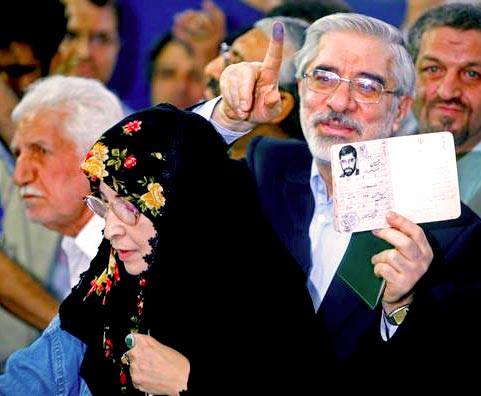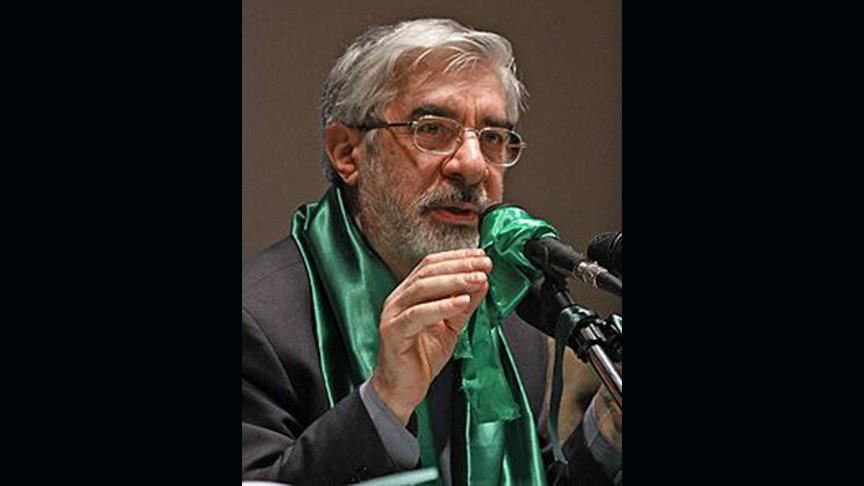
Sunday 15 November 2020 – With the spread of COVID-19 currently overwhelming the healthcare system in Iran, the government of President Hassan Rouhani was forced to announce urgent measures in an attempt to stem the pandemic. President Rouhani stated today that owing to an increase in mortality and heavy pressure on the country’s health sector, the government will have to impose new restrictions and extend its lockdown to prevent the spread of the disease.
Reiterating that the main duty of the government is to preserve public health and curb the coronavirus, Rouhani told a Cabinet session late on Sunday that the government is ready to accept views of the experts in this field.
Yesterday, he announced that his government was set to impose stricter and more localised quarantine measures in Iran so as to try and ward-off the further spread of the disease and alleviate the worsening situation across the country. Thus, on 21 November, all non-essential businesses must close in 100 cities labelled “red” or on Level 3 alert across Iran, as per the order of the National Coronavirus Taskforce.
IMPACT OF THE PANDEMIC ON IRAN
Iran has been the epicentre of the coronavirus pandemic in West Asia.
Today’s official figures pertaining to the previous 24 hours are: 459 deaths; 12,543 new COVID-19 cases; 2,544 hospitalised; and 5,666 COVID-19 patients in a serious condition and being treated in ICUs. The official total death count is 41,493 people. However, government officials have admitted that the actual number of dead is significantly higher – and this is attested to by health practitioners working on the ground in Iran, who have stated that the true figure is at least 2.5 times higher.
Unfortunately, after India (with a population of 1.38 billion) Iran has the highest number of COVID-19 cases and deaths in all of Asia.
On 18 September, Iran’s deputy health minister announced that if a third wave of coronavirus was not prevented, the country’s total death toll would soon rise to 45,000. The authorities have now confirmed that the country is in fact in the grip of a fourth wave of the COVID-19 pandemic. On 20 October, Dr Saeed Namaki, Minister of Health, admitted that some government departments have in fact openly disregarded COVID-19-specific protocols. He warned that without an immediate and urgent course of action on the part of the officials, the country could enter a “Black Hole” [i.e. be facing a catastrophe]. Most COVID-19 victims in Iran are from the country’s working-class and poorest strata. Furthermore, more than 6,000 doctors, nurses, medical practitioners, and paramedics have been diagnosed with the virus – and at least 200 of them have lost their lives while serving the people.
OPPOSITION LEADER TESTS POSITIVE
The Iranian press today reported that the well-known Iranian opposition leader Mir Hussein Mousavi and his wife Zahra Rahnavard, who have lived under house arrest since January 2010, have contracted COVID-19.
There are concerns as to how Mr. Mousavi and Ms. Rahnavard could have possibly contracted COVID-19 while living under house arrest, in more or less a state of complete isolation, throughout the past decade.

Following the 1979 Revolution in Iran, Mousavi served as the first political director of the Islamic Republican Party (IRP) – a prominent political organisation – and as editor in chief of the IRP’s official newspaper, Jomhuri-ye Eslami. He briefly served as foreign minister during the U.S. Embassy Hostage Crisis (1979–81). He subsequently served as Iran’s last Prime Minister, before the post was abolished in 1989, and for most of the devastating 8-year-long Iran-Iraq War during which he is favourably remembered for his adept presiding over a wartime economy.
After a hiatus of some 20 years, Mousavi returned to the political fore to run for the office of president in the election of 2009. His campaign featured vocal criticism of the incumbent president, Mahmoud Ahmadinejad, and his policies – with Mousavi arguing that the president’s controversial behaviour and rhetoric had damaged Iran’s image abroad. Economic concerns, increased personal freedoms, and the confrontation of endemic corruption, were also focal points of Mousavi’s campaign.
Voter turnout at the election in mid-June 2009 was estimated to have reached record highs, a factor that many interpreted as favourable to Mousavi. Soon after the polls closed, Mousavi – who claimed he had been contacted by the interior ministry to inform him of his victory – announced that he had won the election outright by a large margin. However, shortly thereafter, officials made a similar announcement in favour of Ahmadinejad.
Mousavi urged his supporters to protest the results and in the days following the election massive demonstrations took place in the capital and elsewhere. In February 2011, Mousavi and Karroubi were placed under house arrest, along with their wives, following the huge wave of anti-government demonstrations that took place in Iran.












 Posted in
Posted in 











